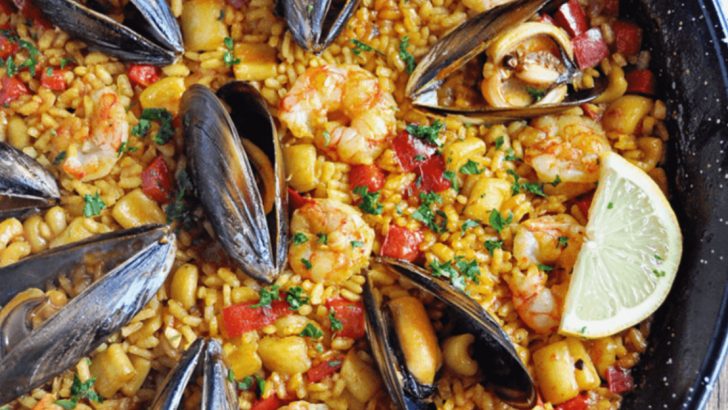Food unites us all, transcending borders with flavors that tell stories of culture and tradition.
Our planet offers incredible culinary treasures that deserve a spot on every food lover’s bucket list. But beware—not every famous dish delivers on its reputation! Here’s my no-holds-barred guide to the world’s most magnificent mouthfuls and the disappointments you can happily skip.
1. Paella From Valencia, Spain
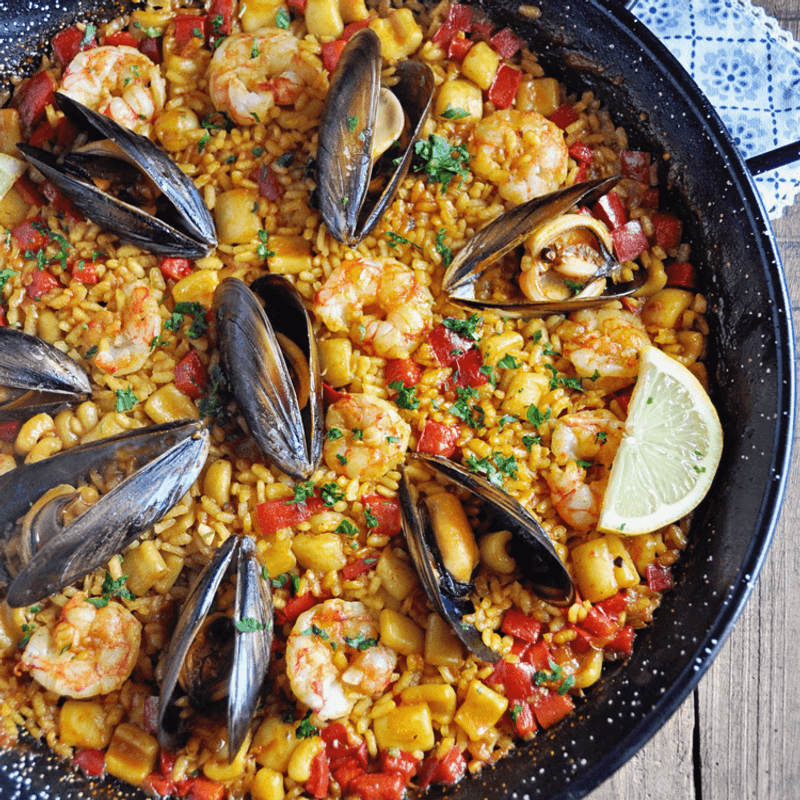
Golden saffron rice cradling seafood treasures that burst with Mediterranean sunshine in every bite. The authentic version bears little resemblance to tourist traps’ yellow rice with frozen shrimp.
Cooked in wide, shallow pans over open flames, paella develops a caramelized bottom crust called ‘socarrat’.
2. Massaman Curry From Thailand

Forget pad thai—this curry reigns supreme with its silky coconut base dancing between sweet, savory, and spicy notes. Tender chunks of meat swim alongside potatoes in a sauce perfumed with cinnamon, cardamom, and star anise.
Even CNN once crowned it the world’s most delicious food.
3. Neapolitan Pizza From Naples, Italy

Pizza pilgrims worship at Naples’ wood-fired altars for good reason. The magic lies in its contradictions: a crust simultaneously chewy and crisp, charred in spots from 900°F heat.
San Marzano tomatoes and buffalo mozzarella—so simple yet impossibly perfect.
4. Pho From Vietnam
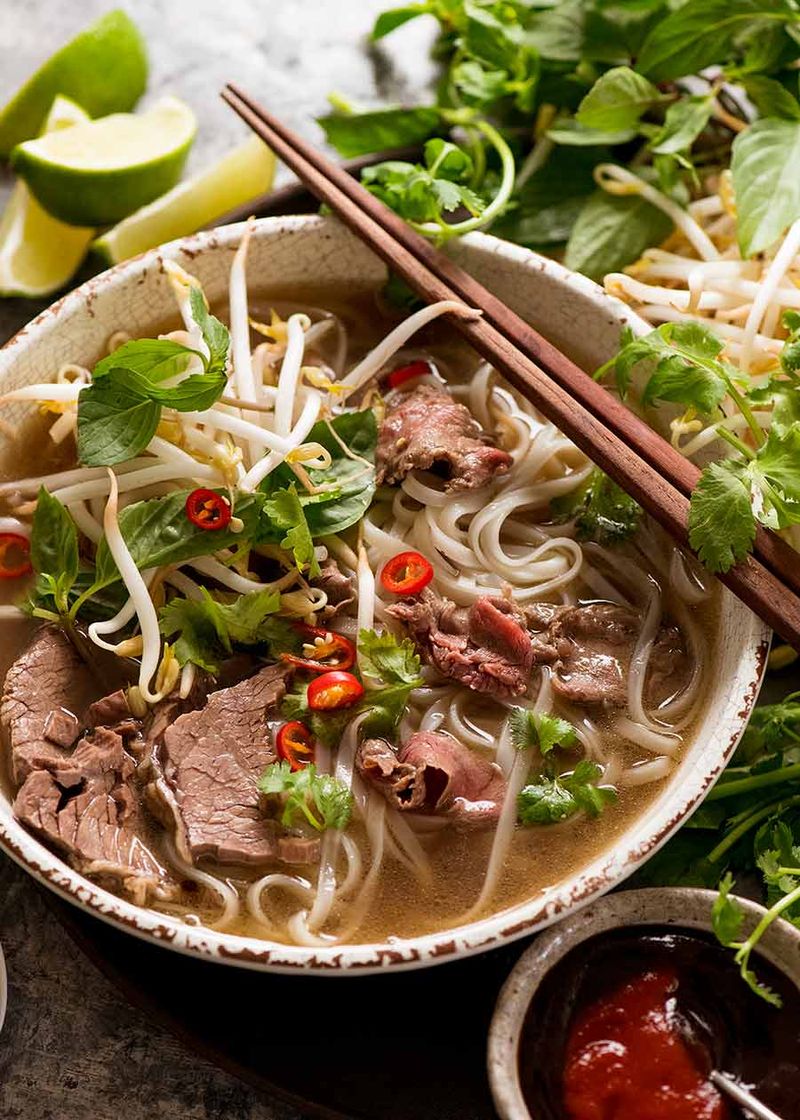
Sunrise in Vietnam smells like star anise and beef bones that have simmered overnight. This soul-warming soup isn’t just breakfast—it’s meditation in a bowl.
Crystal-clear broth cradles rice noodles and paper-thin beef that cooks in the steaming liquid. The real magic happens when you customize with herbs, lime, chili, and hoisin sauce.
5. Jiro Sushi From Japan
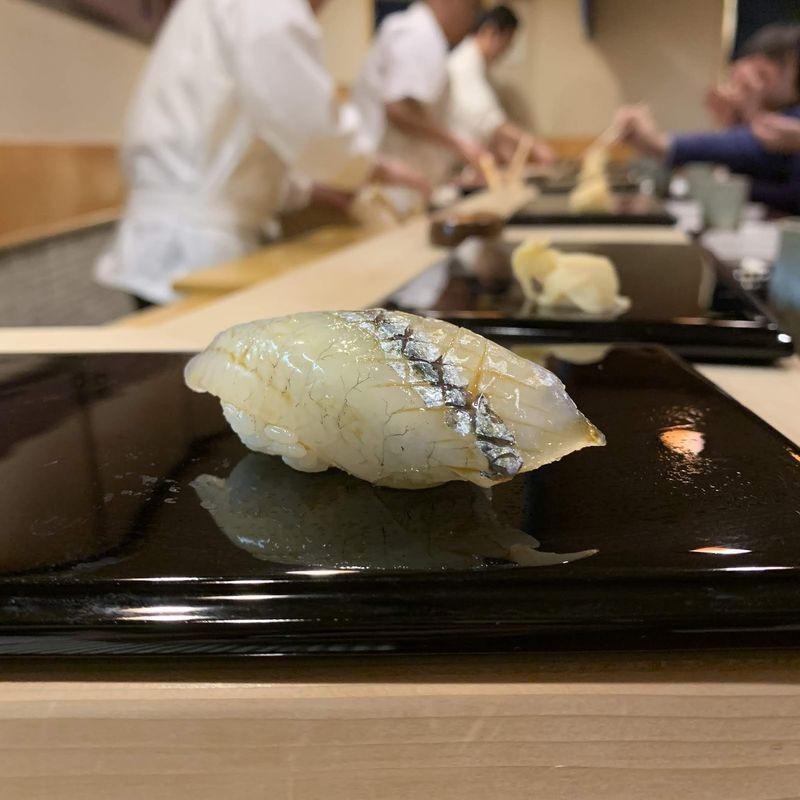
Sushi at its purest—no California rolls or spicy mayo in sight. Master chefs train for decades to perfect rice with precise vinegar balance and fish cut with mathematical precision.
Each piece arrives individually, already brushed with the soy sauce. The experience is intimidating, expensive, and absolutely worth it.
6. Mole Poblano From Mexico
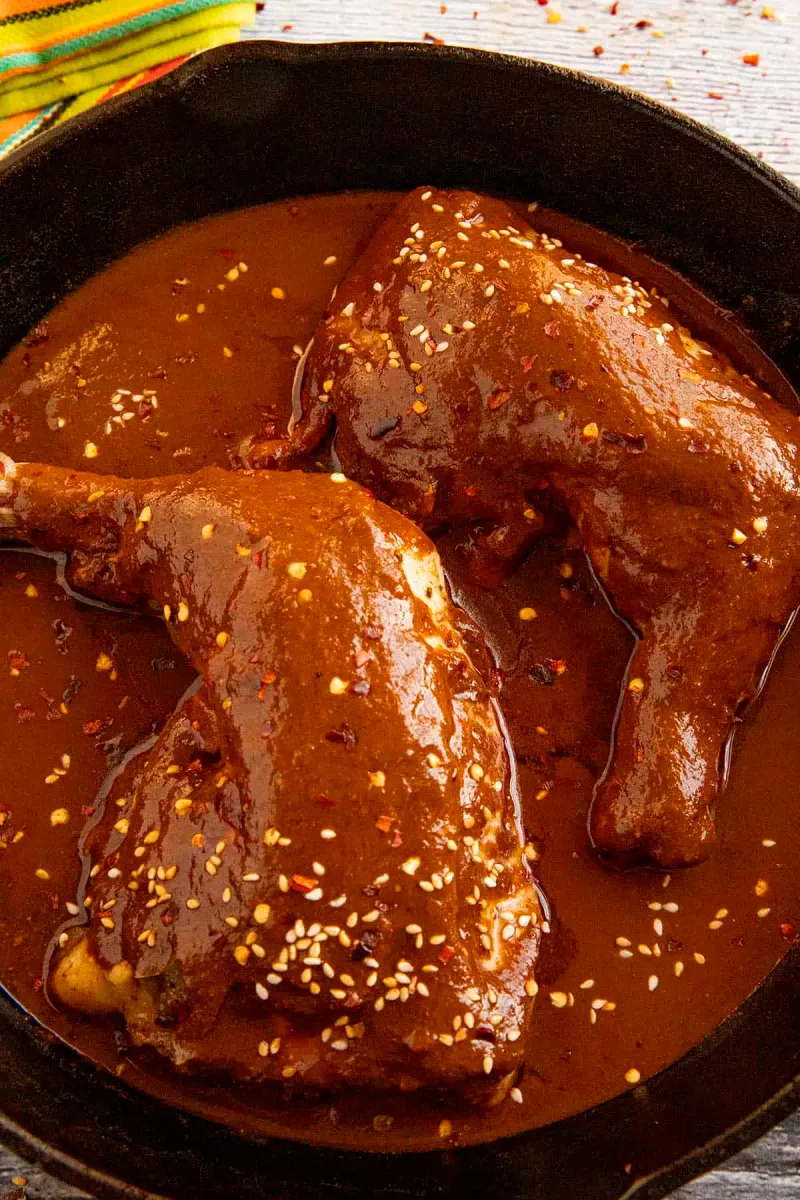
Chocolate in savory sauce? Absolute genius! This velvety, complex marvel contains upwards of 20 ingredients including chilies, nuts, seeds, spices, and yes—dark chocolate.
Legend claims nuns created it in a panic when an archbishop made a surprise visit.
7. Butter Chicken From India
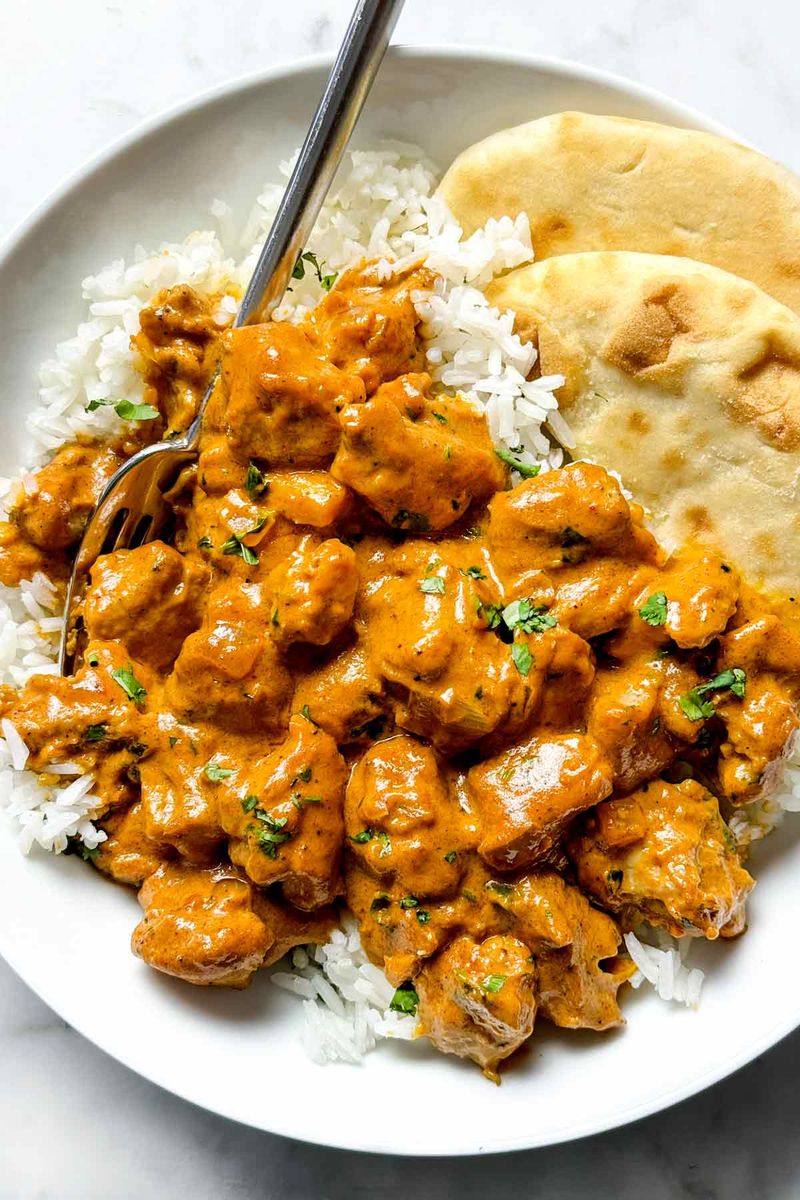
Tandoori chicken bathed in tomato gravy enriched with butter and cream—what’s not to love? The smoky char from the tandoor oven marries perfectly with the silky sauce.
Developed in 1950s Delhi when a chef improvised with leftover chicken, this accidental masterpiece now dominates Indian restaurant menus worldwide.
8. Bouillabaisse From Marseille, France
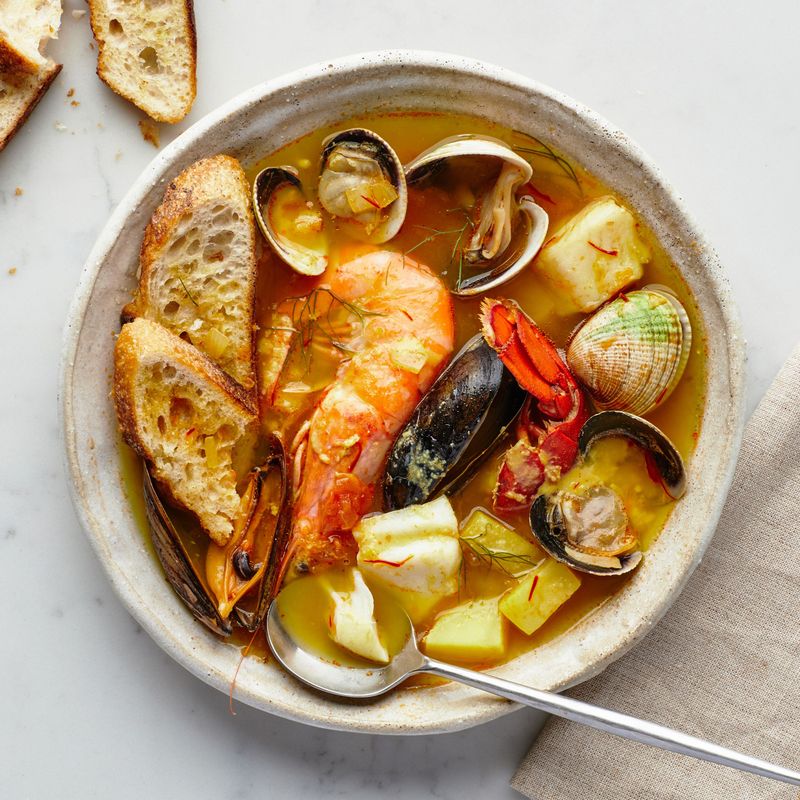
Fishermen’s leftovers transformed into liquid gold! This hearty seafood stew captures the Mediterranean in a bowl—saffron-tinted broth loaded with at least three types of local fish.
Marseille locals will fight you if you call any seafood soup without Provençal herbs and specific fish varieties a bouillabaisse.
9. Texas Brisket From USA
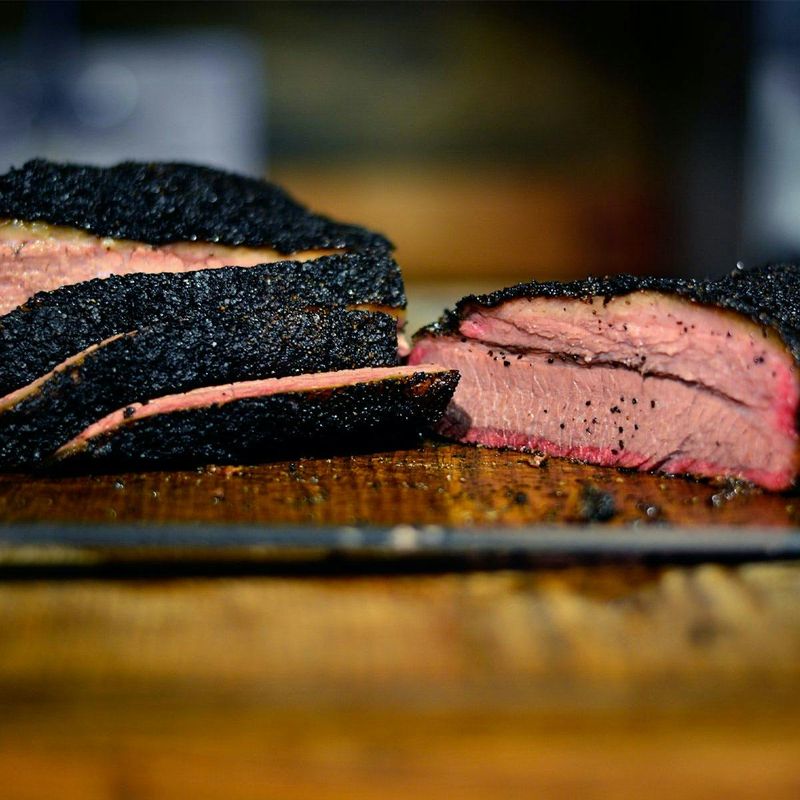
Barbecue’s holy grail requires nothing but salt, pepper, smoke, and patience—about 12-16 hours of it.
Sliced against the grain, proper brisket needs no sauce and barely requires teeth. The coveted “bark” (seasoned exterior) and pink smoke ring are badges of pitmaster honor. Texans will wait hours in line for the good stuff.
10. Hákarl From Iceland (AVOID)
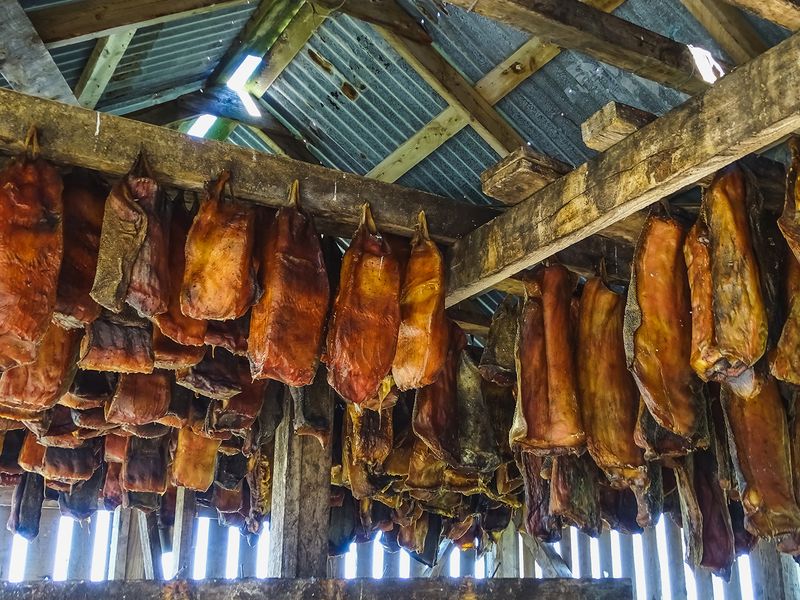
Icelanders bury poisonous Greenland shark in gravel for months, then hang it to dry until it’s “edible”—a term used very loosely here.
Even locals chase it with Brennivín schnapps to numb their taste buds. Celebrity chef Anthony Bourdain called it “the single worst, most disgusting thing I’ve ever eaten.” Consider yourself warned.
11. Century Eggs From China (AVOID)
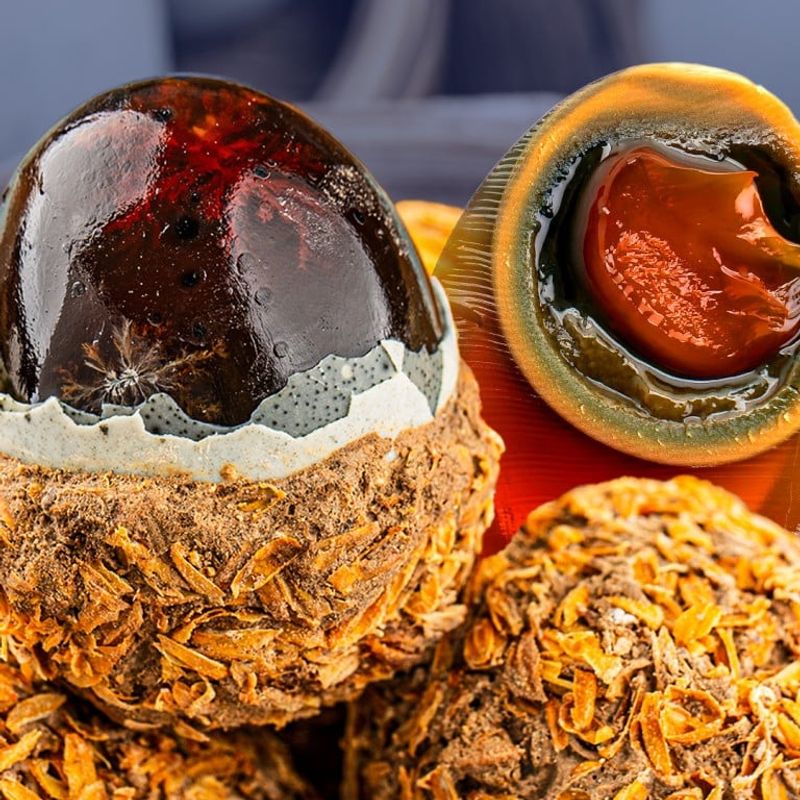
Duck eggs buried for months until the whites transform into translucent black jelly and yolks become creamy green-gray. The ammonia smell hits you like a chemical weapon.
Despite the name, they’re preserved for weeks, not centuries. One bite typically ends the experiment.
12. Casu Marzu From Sardinia (AVOID)
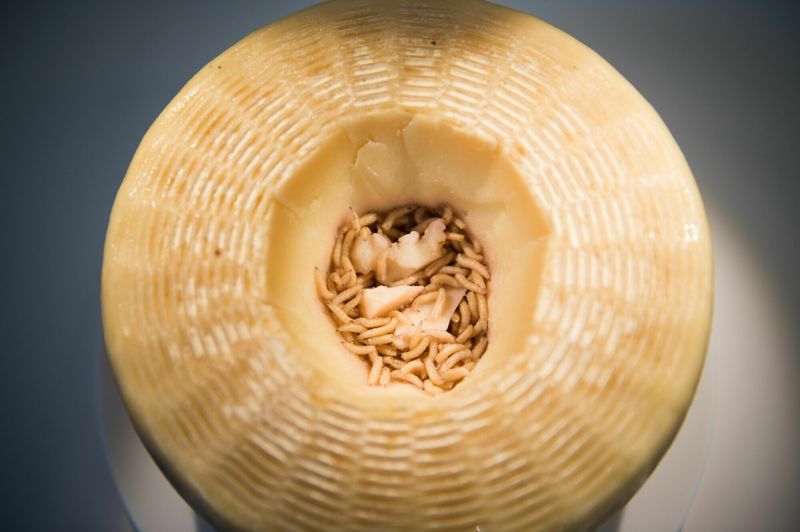
Cheese with live maggots deliberately introduced to break down fats, creating a soft texture and intense flavor. The wiggling larvae can jump six inches when disturbed—diners sometimes wear eye protection!
Technically illegal in the EU for health reasons but still produced underground.
13. Surströmming From Sweden (AVOID)
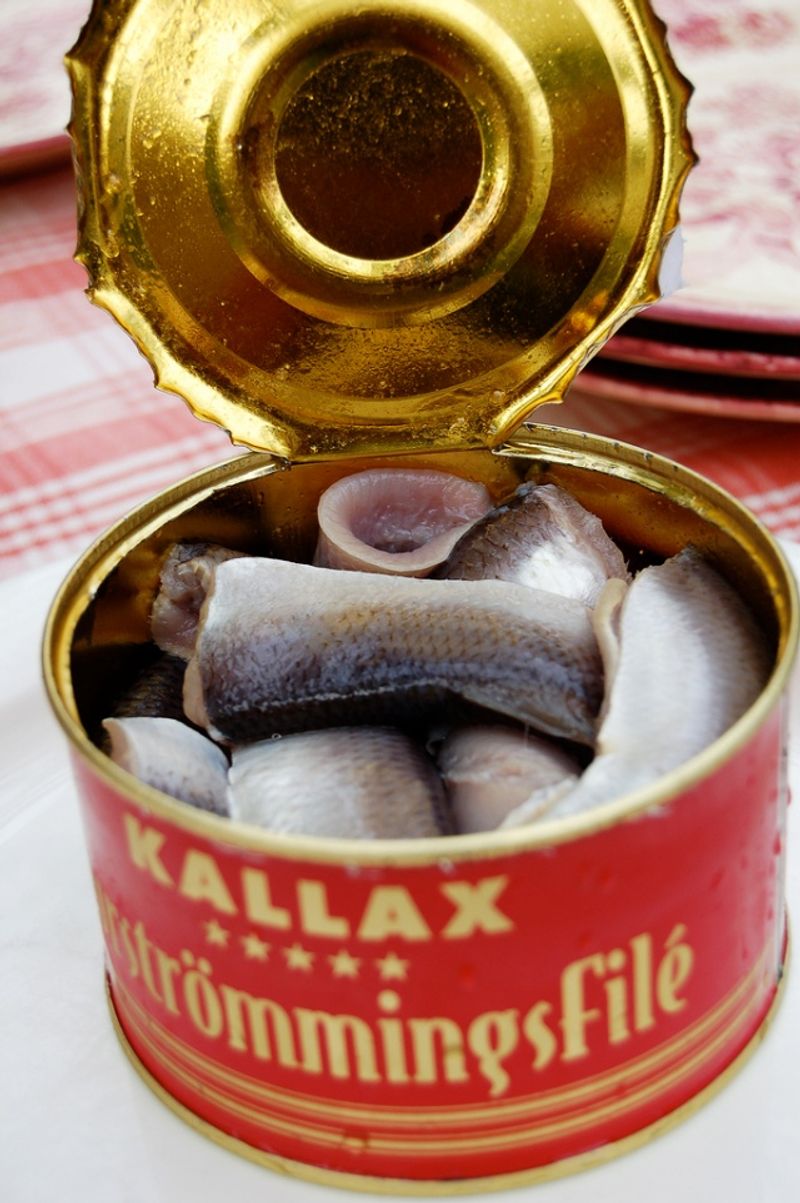
Opening a can releases what many consider the world’s most putrid food smell—fermented herring that’s been aging for months. The overwhelming stench of rotten eggs and rancid butter can literally clear buildings.
Apartment leases in Sweden sometimes specifically forbid opening surströmming indoors.
14. Fugu From Japan (AVOID)
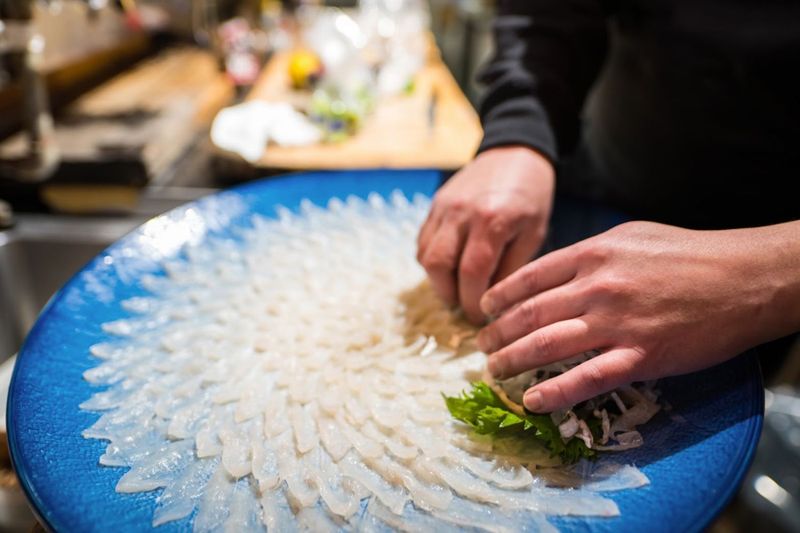
Thrill-seekers pay hundreds of dollars to eat pufferfish prepared by licensed chefs who train for years to remove deadly toxins. One wrong cut means paralysis and potential death—there’s no antidote.
The flavor? Disappointingly mild. Most who try it admit they’re paying for the danger, not the taste.
15. Balut From Philippines (AVOID)
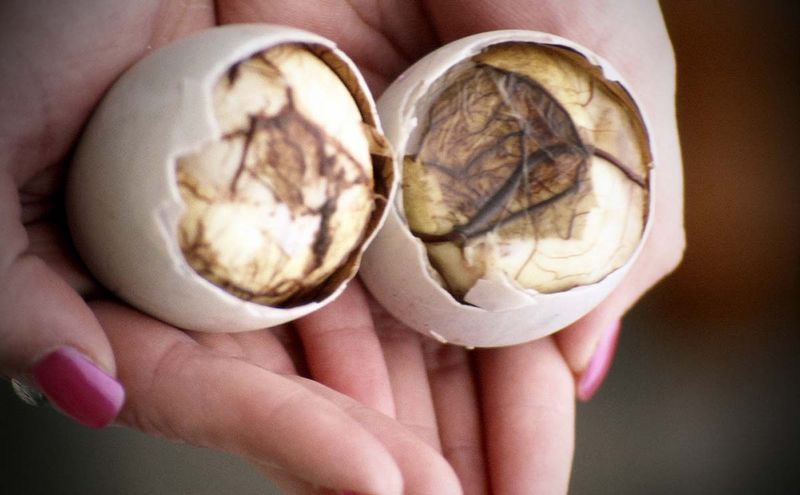
Fertilized duck egg boiled alive when the embryo is 17-21 days developed—featuring visible beak, feathers, and bones. Eaten straight from the shell with salt, vinegar, and sometimes chili.
While treasured in Filipino culture as street food and considered an aphrodisiac, most first-timers struggle with both the concept and texture.
16. Escamoles From Mexico (AVOID)
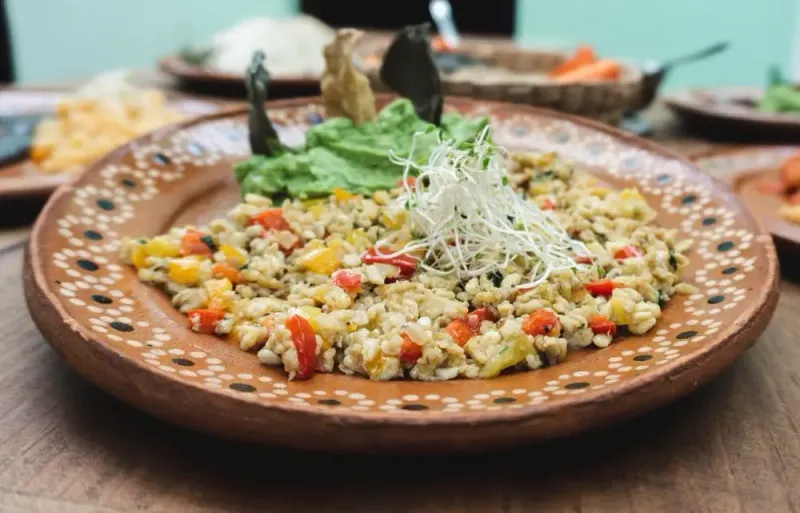
Ant larvae harvested from agave plant roots—nicknamed “insect caviar” due to their exorbitant price and limited seasonal availability. The tiny white sacs resemble pine nuts or risotto.
Traditionally fried with butter and spices, they have a nutty, somewhat cottage cheese-like flavor.

